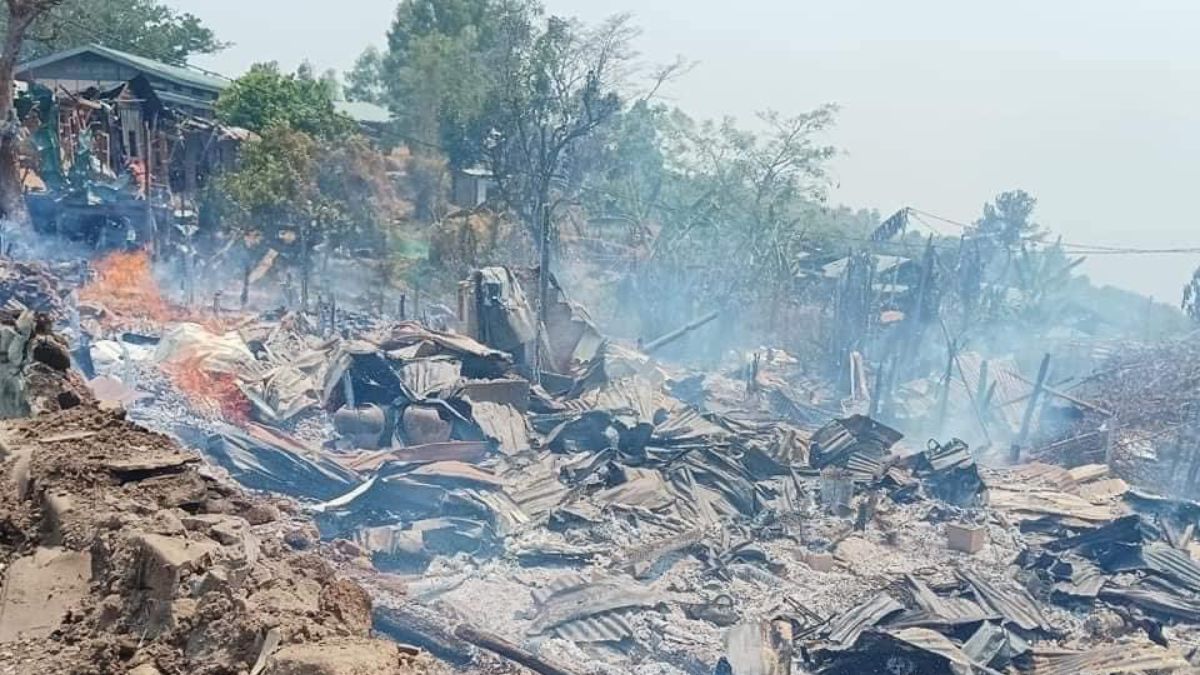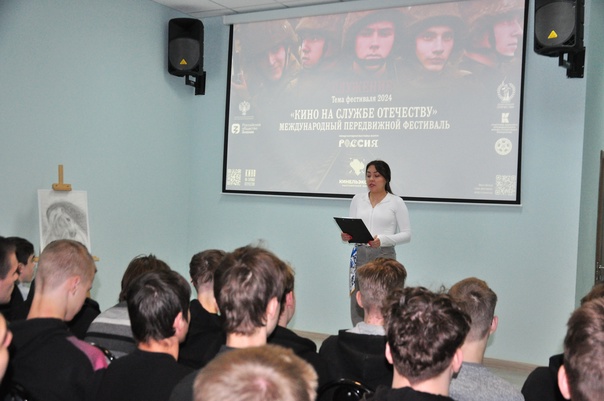Myanmar's Military Junta: Examining The West's Selective Response (Britain & Australia)

Table of Contents
The ongoing political crisis in Myanmar, following the February 2021 coup d'état, has ignited a global response, yet the international community's actions remain fragmented. This article focuses on the contrasting approaches of two Western nations, Britain and Australia, in confronting Myanmar's Military Junta, examining their differing levels of economic sanctions, diplomatic pressure, and support for the National Unity Government (NUG). We will analyze the effectiveness of these strategies and explore the implications for the future of Myanmar.
<h2>Britain's Response to the Myanmar Military Junta</h2>
<h3>Economic Sanctions</h3>
Britain has implemented a range of economic sanctions against Myanmar's Military Junta, targeting key individuals and entities within the regime. These sanctions include asset freezes, travel bans, and restrictions on trade in specific goods. While intended to cripple the junta's financial resources and influence, their effectiveness remains debated. Some argue the sanctions have had a limited impact, as the junta has found alternative sources of revenue and trade partners. Others point to the sanctions as a necessary pressure tactic, even if their impact is not immediately apparent.
- Sanctioned Individuals/Entities: Senior military leaders, including Min Aung Hlaing, and businesses linked to the military's lucrative conglomerate, the Myanmar Economic Corporation (MEC).
- Economic Impact: The sanctions have undoubtedly caused some economic disruption, particularly affecting sectors closely tied to the military. However, the overall impact on the junta's power remains uncertain.
- Limitations: The sanctions have faced challenges, including the difficulty in completely isolating the junta from global finance and the potential for unintended consequences on the Myanmar civilian population.
<h3>Diplomatic Pressure</h3>
Britain has played an active role in international forums, including the UN Security Council, condemning the coup and calling for the restoration of democracy in Myanmar. However, its diplomatic efforts have been hampered by the lack of a unified international response and the veto power wielded by some UN Security Council members. Bilateral engagement has focused on supporting pro-democracy groups and the NUG.
- Diplomatic Initiatives: Britain has consistently voiced its condemnation of human rights abuses in Myanmar through statements by high-ranking officials, participation in international summits, and diplomatic engagement with other nations.
- Statements by British Officials: Strong condemnations of the junta's actions and calls for accountability for human rights violations have been regularly issued by the UK Foreign Office.
- Outcomes: While diplomatic pressure has raised international awareness of the crisis, it has yet to significantly alter the junta's behavior.
<h3>Support for Civil Society and the NUG</h3>
Britain has provided substantial support to civil society organizations and the NUG, including financial aid, training, and diplomatic recognition. This support aims to bolster the capacity of pro-democracy forces and to lend legitimacy to the NUG as the legitimate representative of the Myanmar people.
- Aid Programs: Funding provided by the UK government focuses on supporting human rights defenders, humanitarian assistance, and strengthening the capacity of democratic institutions.
- Funding Amounts: While the precise figures vary, the UK has pledged significant sums of money in aid and development support.
- Collaborations: Britain collaborates with international organizations like the UN and other democratic governments in delivering this aid.
<h2>Australia's Response to the Myanmar Military Junta</h2>
<h3>Economic Sanctions</h3>
Australia has also imposed sanctions on Myanmar's Military Junta, targeting individuals and entities involved in human rights abuses and undermining democratic processes. These sanctions largely mirror those imposed by Britain, though the specifics and their enforcement may differ.
- Sanctioned Individuals/Entities: Similar to Britain, Australia has targeted senior military officials and businesses linked to the junta.
- Economic Impact: The reported impact of Australian sanctions, as with those of Britain, is difficult to definitively assess.
- Effectiveness: While aimed at pressuring the junta, the long-term effectiveness of these sanctions remains to be seen.
<h3>Diplomatic Pressure</h3>
Australia's diplomatic efforts have largely followed a similar trajectory to Britain's, with active participation in international forums and condemnation of the junta's actions. However, there may be subtle differences in their approaches, particularly concerning engagement with ASEAN.
- Diplomatic Initiatives: Australia has consistently condemned the coup and advocated for a return to democracy in Myanmar through various international forums.
- Statements by Australian Officials: Similar to the UK, Australia has issued strong statements condemning the junta's actions and human rights abuses.
- Outcomes: While Australia’s efforts have been consistent, significant changes within Myanmar remain elusive.
<h3>Support for Civil Society and the NUG</h3>
Australia's support for civil society and the NUG mirrors that of Britain, with a focus on humanitarian aid and promoting democratic governance. The level of support and specific programs, however, may vary.
- Aid Programs: Australia has provided aid focused on humanitarian assistance, supporting civil society, and promoting human rights.
- Funding Amounts: The exact figures are subject to change and transparency.
- Collaborations: Australia partners with international organizations to deliver aid and support to those affected by the crisis.
<h2>Comparing and Contrasting Britain and Australia's Responses</h2>
Both Britain and Australia have adopted broadly similar strategies in responding to Myanmar's Military Junta, focusing on sanctions, diplomatic pressure, and support for pro-democracy forces. However, subtle differences exist in the specifics of their actions and the emphasis placed on each approach. These discrepancies may stem from varying geopolitical priorities, resource allocations, and bilateral relationships with Myanmar.
| Feature | Britain | Australia |
|---|---|---|
| Economic Sanctions | Targeted sanctions on individuals and entities | Targeted sanctions on individuals and entities |
| Diplomatic Pressure | Active in UN, bilateral engagement | Active in UN, regional engagement |
| Support for NUG | Significant financial and diplomatic support | Significant financial and diplomatic support |
These variations highlight the complex challenges in forging a unified international response to the crisis in Myanmar.
<h2>Conclusion: Myanmar's Military Junta: A Call for Coordinated Action</h2>
The analysis reveals a largely consistent, yet not entirely uniform, response from Britain and Australia to Myanmar's Military Junta. While both nations have employed sanctions, diplomatic pressure, and support for pro-democracy efforts, the effectiveness of these interventions remains questionable. The junta continues to consolidate its power despite international pressure. A more robust and coordinated international response, including stronger sanctions, targeted pressure on supporting countries, and increased support for the NUG, is crucial to restoring democracy in Myanmar. Understanding the varied responses to the Myanmar military junta is crucial. Further research and advocacy are needed to pressure the Myanmar military regime to restore democracy and hold perpetrators of human rights abuses accountable. The crisis in Myanmar demands sustained attention and concerted international action to end the suffering of the Myanmar people.

Featured Posts
-
 Kino Na Sluzhbe Otechestvu Programma Festivalya V Moskve
May 13, 2025
Kino Na Sluzhbe Otechestvu Programma Festivalya V Moskve
May 13, 2025 -
 Cp Music Productions Experience The Harmony Of A Father Son Musical Team
May 13, 2025
Cp Music Productions Experience The Harmony Of A Father Son Musical Team
May 13, 2025 -
 Improving Cross Border Criminal Justice Cooperation
May 13, 2025
Improving Cross Border Criminal Justice Cooperation
May 13, 2025 -
 Sabalenkas Dominant Victory Claims Madrid Open Title
May 13, 2025
Sabalenkas Dominant Victory Claims Madrid Open Title
May 13, 2025 -
 Syn Nadezhdy Kadyshevoy Chto Izvestno O Grigorii Kostyuke
May 13, 2025
Syn Nadezhdy Kadyshevoy Chto Izvestno O Grigorii Kostyuke
May 13, 2025
Latest Posts
-
 Ian Mc Kellens Coronation Street Cameo A Pivotal Moment In His Career
May 13, 2025
Ian Mc Kellens Coronation Street Cameo A Pivotal Moment In His Career
May 13, 2025 -
 Toronto Raptors Nba Draft Lottery Odds And Cooper Flaggs Potential
May 13, 2025
Toronto Raptors Nba Draft Lottery Odds And Cooper Flaggs Potential
May 13, 2025 -
 Toronto Raptors Rebuilding Year Seventh Best Lottery Odds
May 13, 2025
Toronto Raptors Rebuilding Year Seventh Best Lottery Odds
May 13, 2025 -
 Nba Draft Lottery Betting Odds Toronto Raptors And Cooper Flagg
May 13, 2025
Nba Draft Lottery Betting Odds Toronto Raptors And Cooper Flagg
May 13, 2025 -
 Nba 2025 Draft Lottery Odds A Look At The Chances For Cooper Flagg
May 13, 2025
Nba 2025 Draft Lottery Odds A Look At The Chances For Cooper Flagg
May 13, 2025
